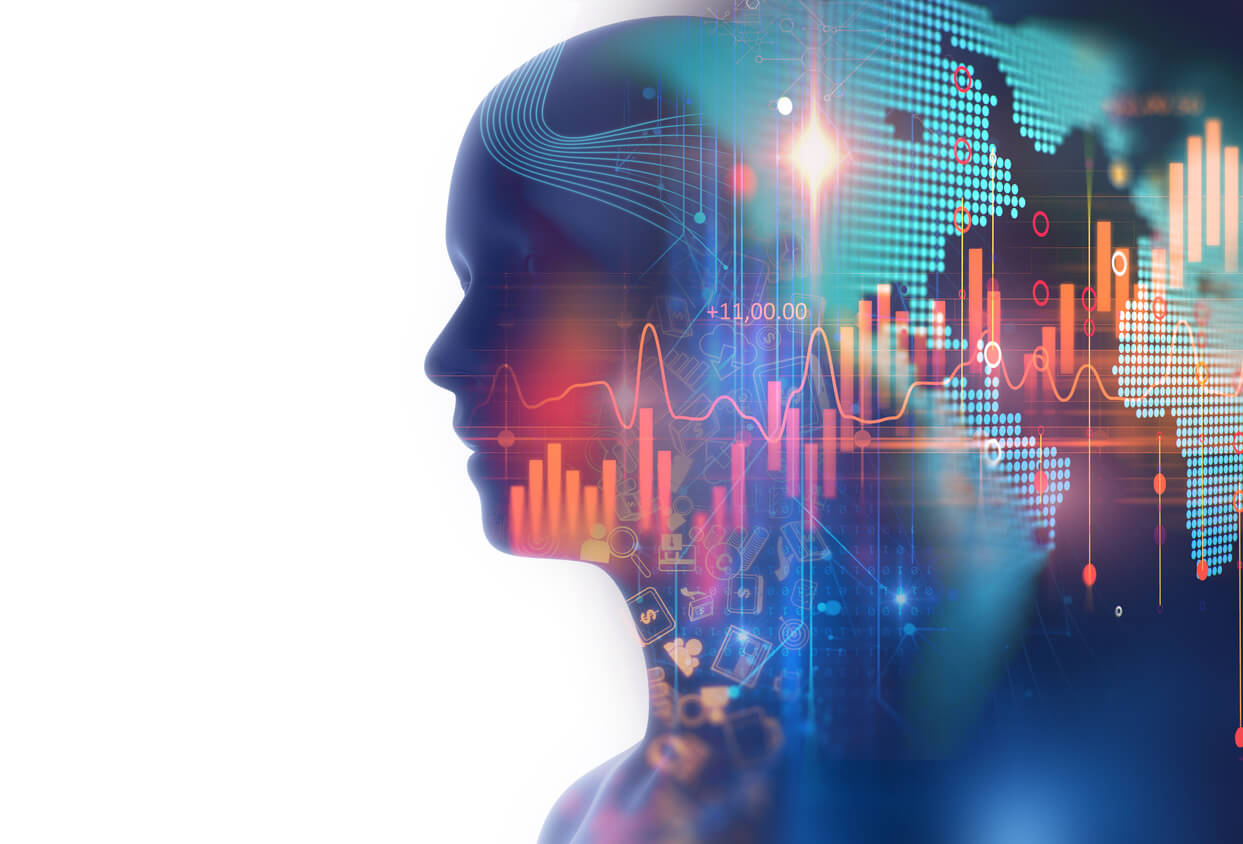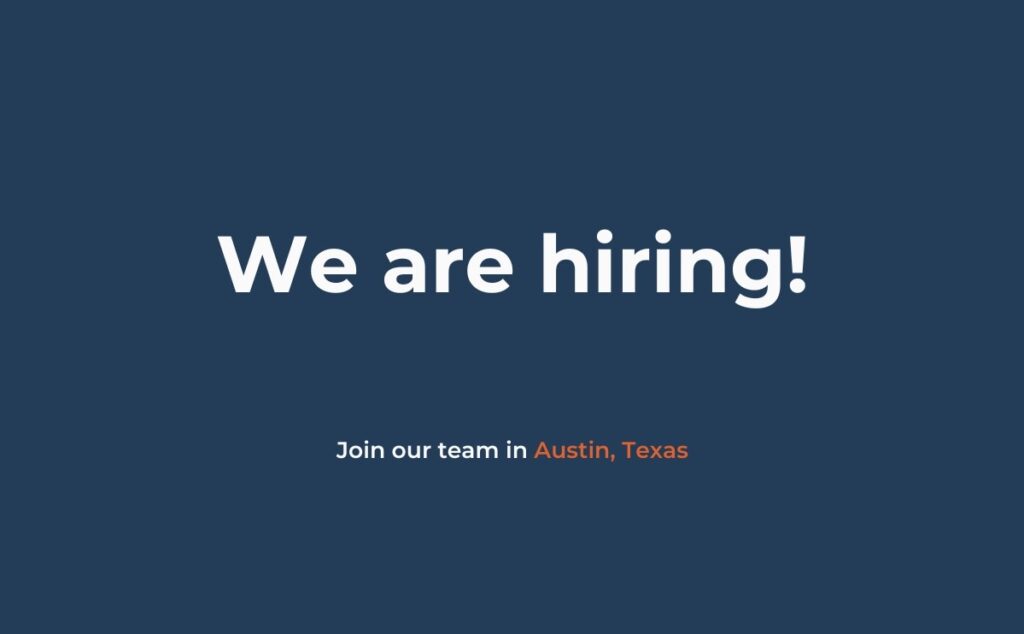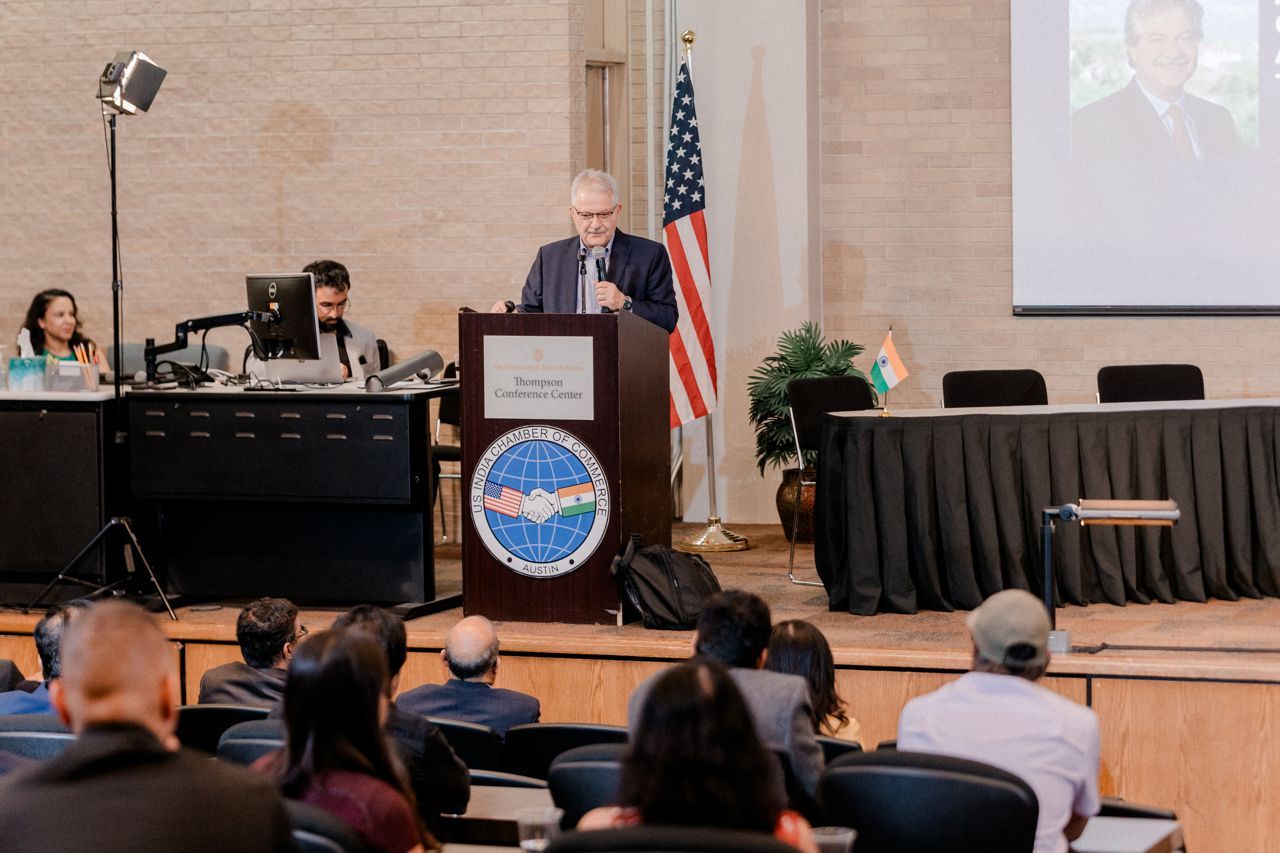Written By: Maurice Ondoy, Project Contributor at AngelouEconomics | What is the Global Impact of AI?
More commonly referred to as AI, Artificial Intelligence, is the branch of computer science that aims to create intelligent machines that can mimic human decision-making processes. The term was first coined by John McCarthy.
With its presence and seemingly unstoppable emergence for more than 6 decades already, experts agree that AI will have a profound impact on society and the way we do business. However, the million-dollar question is, “How will AI impact business and the economy and what are the industries and countries that will be the most profoundly affected?”
First and foremost, the impact of Artificial Intelligence (AI) will be felt almost everywhere. It is projected that by year 2030, the global economy will get a boost of $15.7 trillion as it shapes entire industries. That’s roughly 13x the size of Australia’s GDP which is US$1.21 trillion, 19x Apple Market’s capitalization which is about US$815 billion, 186x the net worth of Bill Gates which amounts to US$84.6 billion, and 4,132x the cost of building the One World Trade Center, which is about US$3.8 billion, according to NASDAQ, the global electronic marketplace for buying and selling securities, as well as the benchmark index for U.S. technology stocks.
The two major impacts of Artificial Intelligence (AI) responsible for projected massive increases in global economic impact are:
- Labor Productivity Improvements – $6.6 trillion
- Increased Consumer Demand – $9.1 trillion
The web of AI, with its many threads, is complex. However, which regions of the world will greatly benefit from AI? According to PwC, these are the regions directly benefiting from AI and how much they are benefiting it:
- China – $7 trillion
- North America – $3.7 trillion
- Northern Europe – $1.8 trillion
- Southern Europe – $0.7 trillion
- Developed Asia – $0.9 trillion
- Latin America – $0.5 trillion
- The Rest of the World – $1.2 trillion
According to Gerard Verweij, global data and analytics leader at PwC, no sector or business is in any way immune from the impact of AI.
According to Accenture, a leading global professional services company in the tech space, the four sectors which stand to reap the most out of adopting AI are the following:
- Manufacturing – $12.2 trillion estimated growth in 2035 with AI, as compared to its baseline estimated growth of $8.4 trillion without AI.
- Professional Services – $9.3 trillion estimated growth in 2035 with AI, as compared to its baseline estimated growth of $7.5 trillion without AI.
- Wholesale and Retail – $8.4 trillion estimated growth in 2035 with AI, as compared to its baseline estimated growth of $6.2 trillion without AI.
- Financial Services – $4.6 trillion estimated growth in 2035 with AI, as compared to its baseline estimated growth of $3.4 trillion without AI.
With a huge projected market reach, artificial intelligence (AI) is poised to have a transformative effect on the world’s consumer, enterprise, and government markets. This only means that Artificial Intelligence is taking the world by storm.
About AngelouEconomics:
AngelouEconomics has worked with numerous professional and business associations in building dozens of unique economic impact studies among other types of projects including site selection projects as well as strategic economic development projects. Some projects have examined the effects of statewide policy measures, such as the Texas Bathroom Bill or ban on Sanctuary Cities. Other projects have measured the contribution of member networks in terms of jobs, wages, and total economic output. Like this study for Prospera, a nonprofit organization which specializes in providing bilingual assistance to Hispanic entrepreneurs in Florida. Economic impact studies are effective tools for quantifying and illustrating the value of individual professional and business associations. They are versatile, as they can illustrate the value or impact of a specific policy or quantify the economic contribution of your members to the local, regional, and nationwide economies.
Want to Learn More?
If you would like to learn more send us an email at info@angeloueconomics.com















